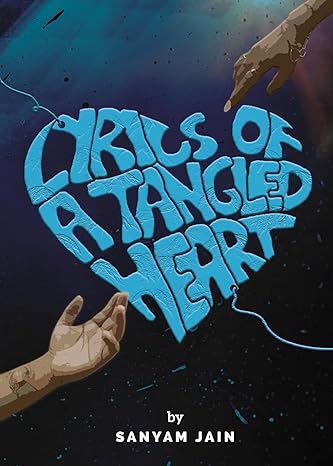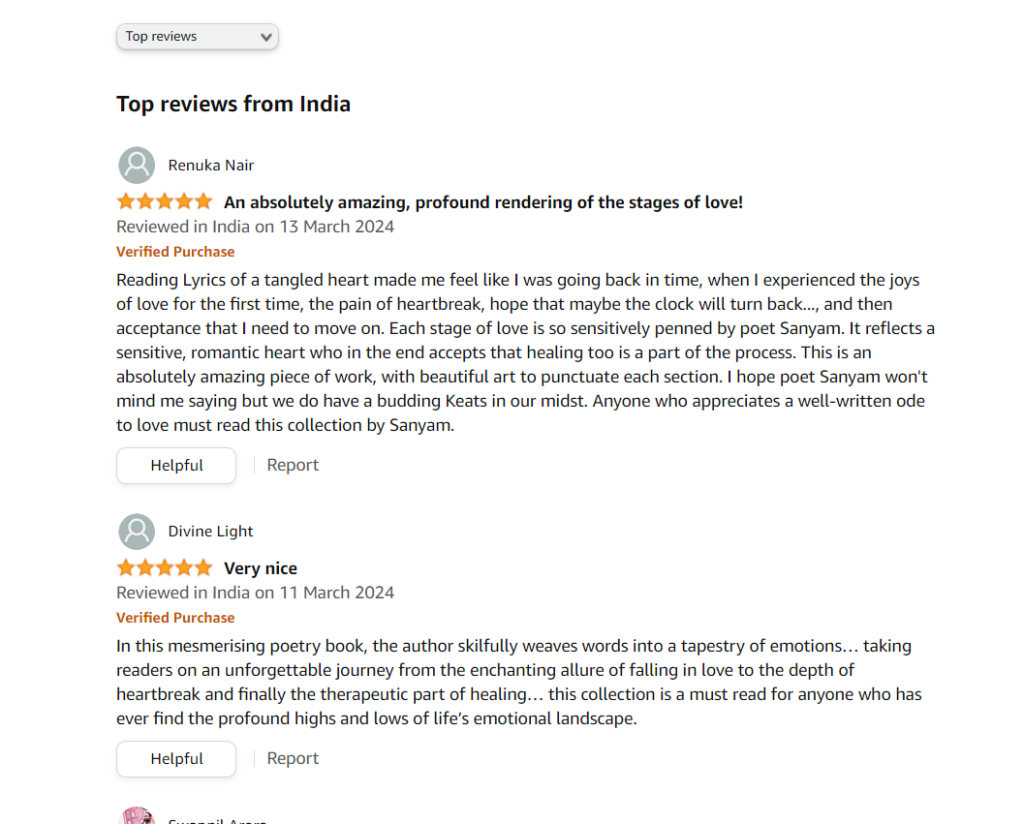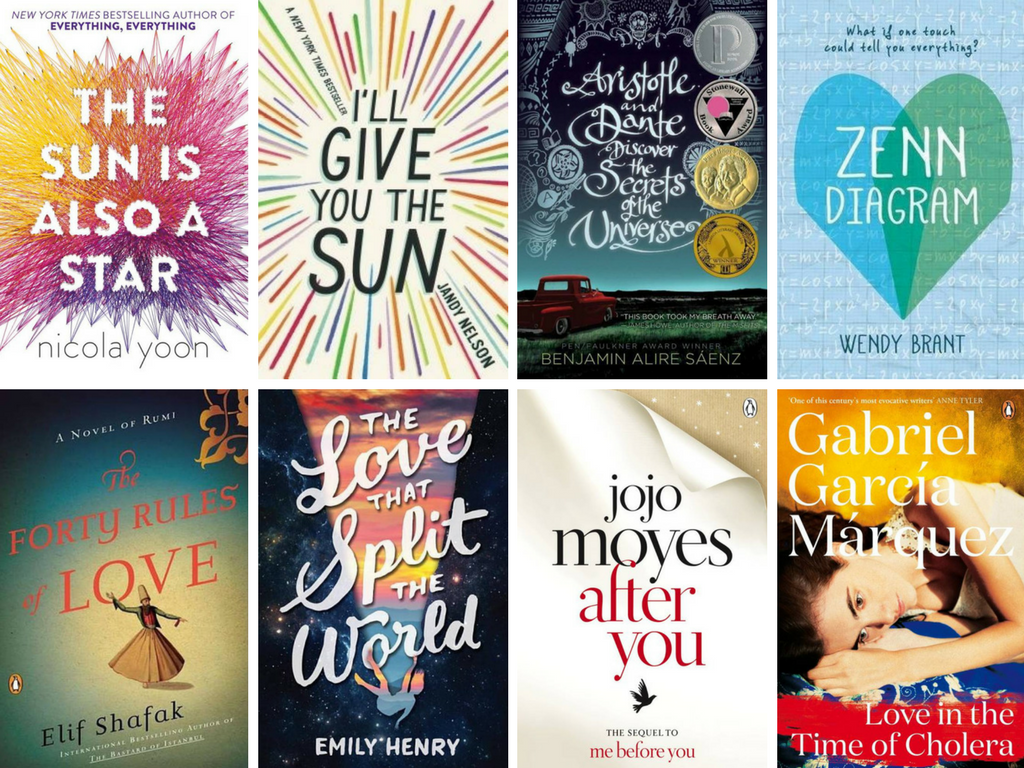Q 1 What inspires you to write? A piece of advice for aspiring writers.
(i) I write what I feel. So whatever happens around me, be it good or bad, writing acts as a medium for me to express my emotions and feelings. More often than not, I write when I am sad or hurt, and it works like therapy for me. From the dark times of my life, I try to create light.
I try to find my inspiration amongst the vibrant tapestry of life.
(ii) My advice for all aspiring writers is to ‘just be yourself’. Do not try to imitate others, write what comes naturally to you, and do not focus too much on using superlative language and very high-level vocabulary. Keep your audience in your mind while writing, and always remember that you’re writing for them.
Most importantly, just write. Let your thoughts ideas and emotions flow. First, let it all out, and then you can work on it, make it more precise and concise, work on the language, and make it grammatically correct and error-free.
There’s a writer in each and every one of us, it’s only a matter of finding yourself.
Q 2 What are some of your life’s passions?
Apart from writing, I love reading. It’s my favorite pastime especially when I am travelling. I also love singing and playing guitar, watching cricket, doing yoga, binge-watching, traveling, and meeting new people. I have done theater for 4 years, and I love watching live dramas. I am fascinated by everything art and literature.
Q 3 Do you believe that a poet needs to have strong emotions?
Absolutely yes. As Wordsworth has rightly said, “Poetry is the spontaneous overflow of powerful feelings.”
Poets wear their hearts on their sleeves. In order to do justice to the art of poetry writing, first one has to become a true poet; and a true poet is one who can feel all the emotions in their extremities.
This ability to “feel” truly defines the kind of poet you will become and the kind of poems you will write. So yes, in order to become a great poet, one needs to have very strong emotions.

Q 4 What themes or subjects do you often find yourself drawn to in poetry?
As I have said before, my poetry is mostly based on my life’s events. I write what I feel, and hence the subjects that I usually talk about in my poems are very life-like. For instance, in my book Lyrics of a Tangled Heart, I have talked about Falling in Love, Heartbreak, Hope, and Healing. The entire book runs the same way my life happened.
I feel that this approach of mine helps me be honest and write what comes naturally to me, and hence, it doesn’t feel forced. At the same time, since I write what most people go through in their lives and feel similar emotions, it helps my readers to easily relate to everything I write.
Q 5 Describe a lesser-known aspect of Sanyam.
A lesser-known aspect is that I was in depression for over 6 months after my breakup and felt like it was the end of the world for me. I had no hope, my life seemed to have no purpose whatsoever, and I was completely clueless, broken, and numb.
But something kept me going, I fought with all the negative thoughts one day at a time, sought and found peace and solace with each passing day, and eventually, I too, did find my Healing.
This journey of mine motivated me to write this book. I felt that if I could come out of the dark times I found myself in, then anybody could. And I hope that this book can act as that friend you need when you are at your worst.

Q 6 How do you balance your life and find time to write?
First of all, I feel when you truly love doing something, you are somehow able to make time for it, no matter how hectic your schedule is.
Secondly, I am a content writer by profession. So, writing is a part of my everyday schedule anyway. So, that really helps as well. Finally, I never force myself to write anything. If anything comes to my mind, I just pick up a pen and a paper and start writing. So that way, I do not leave it for later; rather, I simply jot down my idea as and when it strikes me.
Q 7 How do you see the role of poetry in today’s society?
Poetry has always played a very crucial role in shaping our society.
By providing a window into the thoughts of others, poetry has the power to increase empathy and provide a new perspective on the human experience.
On the other hand, writing poetry encourages us to express ourselves and channel our imagination through this unique art form.
Poetry teaches us how to live. It helps us understand and appreciate the world around us. Poetry’s strength lies in its ability to shed light on the world and bring the truth to the forefront.
I have said it once before that poetry is a form of therapy. It is an immediate path to becoming a better person and being the change in the world.
Poetry helps us to realize that we are not as different as we think. And despite our differences, we are not alone in our grief, pain, joy, or happiness.

Q 8 Are there specific messages or feelings you hope your readers take away from your poetry?
I hope my poetry, or ‘lyrics’ as I prefer to call them, resonate with my readers’ own beautifully tangled hearts. As I mentioned before as well, the idea behind this book, the hope and anticipation is that hopefully, anyone who reads my poetry would feel that it’s very relatable. Whatever I was feeling while writing these poems, I hope my readers can also feel them, and laugh and cry, and giggle and sob.
Ultimately, the message I want to convey through my poetry is Hope and Self-Love.
Q 9 Tell us more about the book.
“Lyrics of a Tangled Heart: An Ode to Romance & Heartbreak”
This is a collection of poems, written in a way that reads like a story. I have divided the book into three parts – Falling in Love; Heartbreak; and Healing.
Each section talks about that particular feeling and builds on it –
In Part 1, we talk about how two people meet, fall in love, spend the best time of their lives together, and feel like they have finally met their true match.
In Part 2, we talk about heartbreak, how all of a sudden the world turns upside down for the guy when the girl decides to leave him. He is unable to understand what has happened and why and loses all hope. In the darkest time of his life, all his thoughts turn dark too.
In Part 3, Hope arrives; Healing arrives. Here we talk about the importance of self-love, the importance of choosing your own self first. Part 3 slowly and steadily builds onto the ideas of Hope and Healing, the same way it happens in real life – Healing happens one day at a time. “It’s a process, it takes time, and it’s okay. It will all get better. This too shall pass” is what we talk about in Part 3.
These poems, or ‘lyrics,’ as I prefer to call them, will make you feel the magic of love, the pain of heartbreak, the mystic power of hope, and the bittersweet path to healing.
Q 10. Given the complex publishing process in India, what was your experience?
My experience throughout the publishing process has been extremely challenging, tiring, excruciating, as well as very expensive. At the same time, this entire journey has taught me so much. I have learned so many lessons, so many new things, and have met so many good people, and I feel all of this has prepared me for my next book. Even though this entire process was really challenging and mentally exhausting, I feel I really needed this to understand how crucial are the efforts that you have to make after writing the book. Before I started this journey I thought only writing the book was enough, that that was the biggest task, but the journey only begins once you finish writing your book.
Buy the book: https://www.amazon.in/Lyrics-Tangled-Heart-Romance-Heartbreak/dp/8119455517
























